Martin Amis sentenced me to life – or, more accurately, he sentenced me back to life.
In my early 20s, I was a once voracious consumer of novels who had lost my appetite and effectively stopped reading. A clever friend pushed a copy of Amis’s Money into my hands, promising something like: “This’ll sort you out.”
Man, did it. I had never come across anything like Amis’s Money, or Money’s Amis. I hadn’t known prose could be so alive, so electrified, so electrifying, how sharply and elegantly and powerfully the English language could be made to perform in the service of its user. Amis was a ringmaster, effortlessly controlling high-wire acrobats and pirouetting ballerinas on horseback and roaring tigers.
From Money: “We don’t really go that far into other people, even when we think we do. We hardly ever go in and bring them out. We just stand at the jaws of the cave, and strike a match…” Glorious.
Amis cast me into literature’s deep ocean, with heightened expectations for nouns and verbs and adverbs. From Money, again, a hired tux in a hot New York theatre produces “an impressively candid odor… not one smell but a deadly anthology of fatso emanations.” At the level of the sentence, he performed tricks that were so supple and alluring, they felt barely legal. At the level of the sentence, literature’s building block, he simply had no equal.
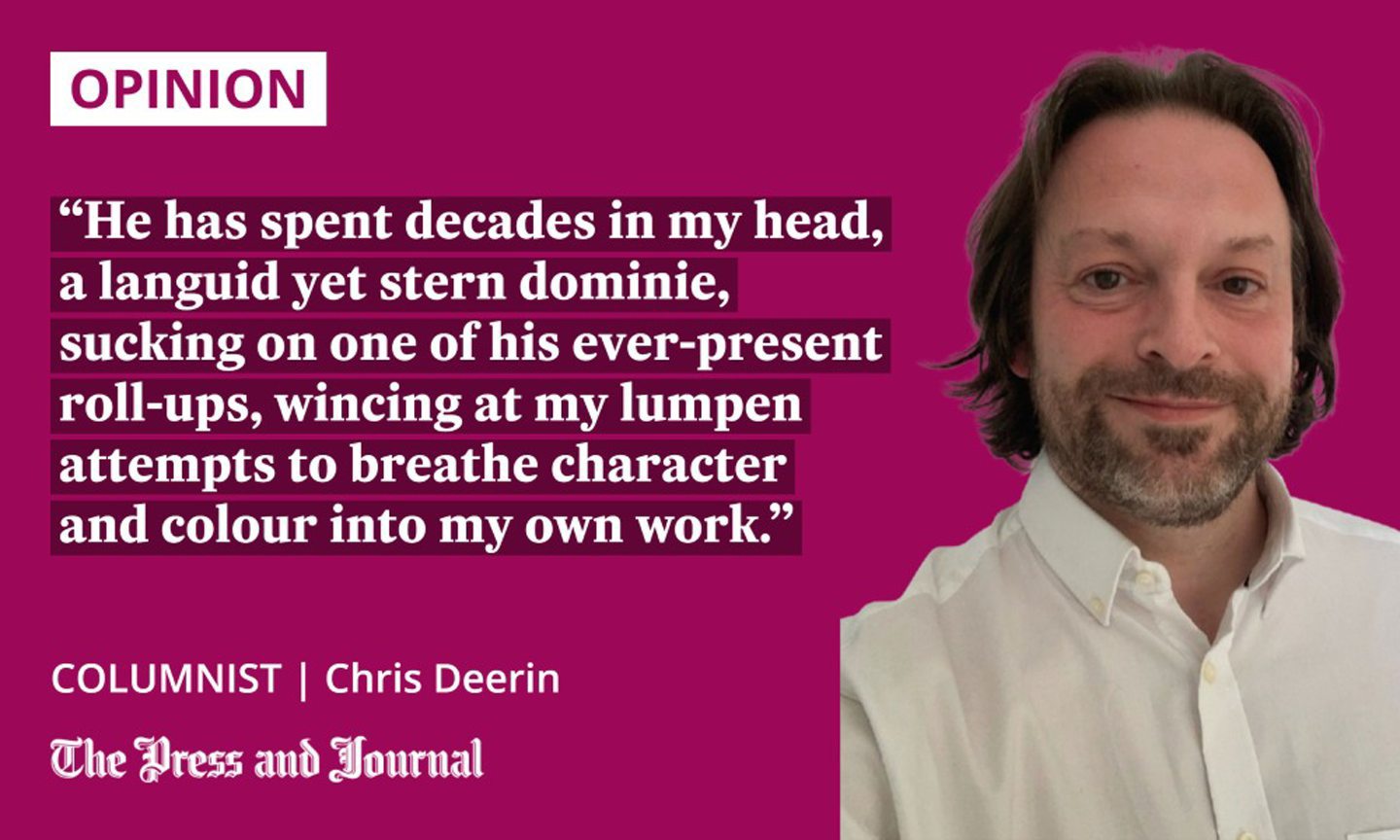
For me and Martin Amis, that was it: the connection was instant, and unbreakable. It will endure beyond the unexpected and upsetting announcement on Saturday of his death. At 73, the same age as his father Kingsley. Of oesophageal cancer, the same disease that killed his closest friend Christopher Hitchens in 2011. Too much coincidence, Martin, or just enough?
That’s the kind of question I ask him on a regular basis. We never met, you understand, but he has spent decades in my head, a languid yet stern dominie, sucking on one of his ever-present roll-ups, wincing at my lumpen attempts to breathe character and colour into my own work. Occasionally, on my best days, I might draw the briefest nod of approval.
I know I’m not alone in this. For scribblers of my generation – you’ll read this in the many personal tributes – Amis, his awesome talent, was both inspiration to and Sistine ceiling on our own efforts. His writings about writing were the only self-help books I’d ever consider picking up. His melding of the demotic and the high style was era-definingly influential.
His journalism was surgical and funny and magnificently bemused by a mad world. There was a thrill of anticipation at seeing his name splashed across the top of a Sunday newspaper.
We grew complacent about what he could do
The novels themselves – his mid-career hat-trick of Money, London Fields and The Information aside – were often judged wanting by reviewers. Fair enough. His later fiction was flawed, as boy wonder became elder statesman, and lifestyle and wealth detached him from the earthier experiences that powered the initial work. In middle age, he took a turn to the serious, when his great talent was for the deliciously observational, the comedy of manners.
But, I felt critics too often missed the point. There was little to be gained from reviewing him as you’d review his more earthbound peers. That wasn’t what he was for.
Even when the books didn’t quite cohere, or missed their mark, there was still so much joy to be taken from the sentences, from the choice of this word over that, from the placing of that word next to this, transforming both, from the restless reinvention of language. For this reason alone – and this, for me at least, was always enough – everything demanded to be read, and lavishly rewarded the effort.
If, by the time of his death, his reputation was no longer what it had once been, this was, I think, partly due to our overfamiliarity with him. We grew complacent about what he could do, even if no one else could do it.
Fashions in literature moved on – the latest being the one-paced, affectless tone of the Sally Rooney crowd. Amis, still rooted in those excavations of masculinity that dominated literature of the 1970s and 1980s, seemed a man out of place and out of time. We didn’t even really know where he was anymore – he quit London years ago, lived in Uruguay, then New York, and died in the wholly inapposite Florida.
No more glistening sentences, no more perfect encapsulations
His passing has swung the klieg lights back on his greatness, though. The shock and grief being expressed in literary circles is telling. The tributes being paid to his extravagant gifts, his sinuous influence, his vast, diverse body of work, are unfeigned and heartfelt.
Amis was both a reader’s writer and a writer’s writer, which is a hard double to pull off. He could be as scintillating on Manchester United or poker as he could be on Vladimir Nabokov or Jane Austen.
It was a reassurance to know that something new was coming
Life was better for knowing that Amis was out there, wherever there was: in a fuggy study, frowning over Charles Dickens or Saul Bellow, scrawling away in longhand, occasionally pausing to cackle at one of his own brilliant formulations. It was a reassurance to know that something new was coming.
Now, there will be no more glistening sentences, no more perfect encapsulations or snorts of delight. The work is done. From the novelists’ god to the gods’ novelist: lucky them.
Chris Deerin is a leading journalist and commentator who heads independent, non-party think tank, Reform Scotland
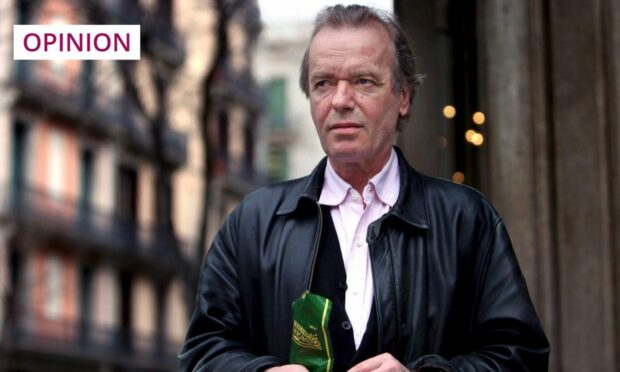

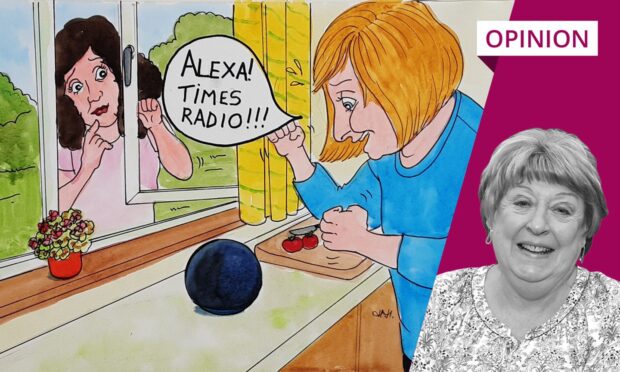


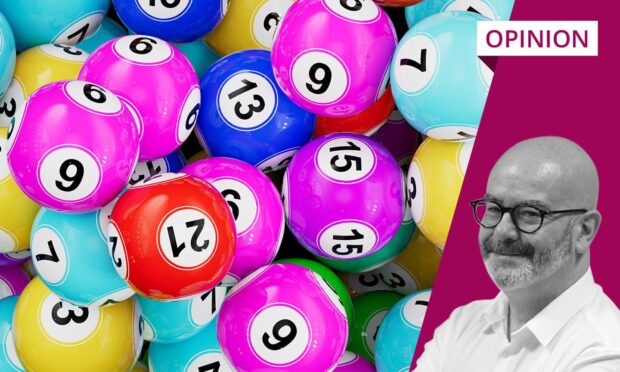


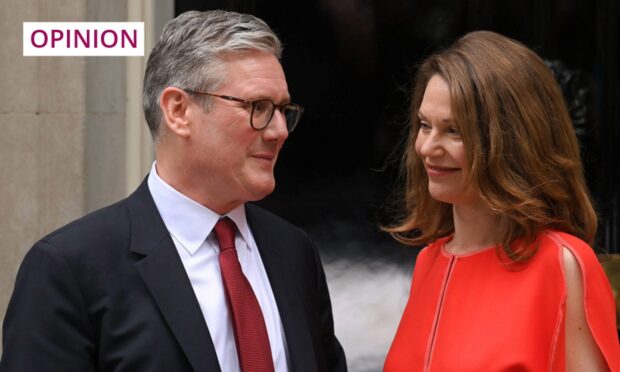


Conversation